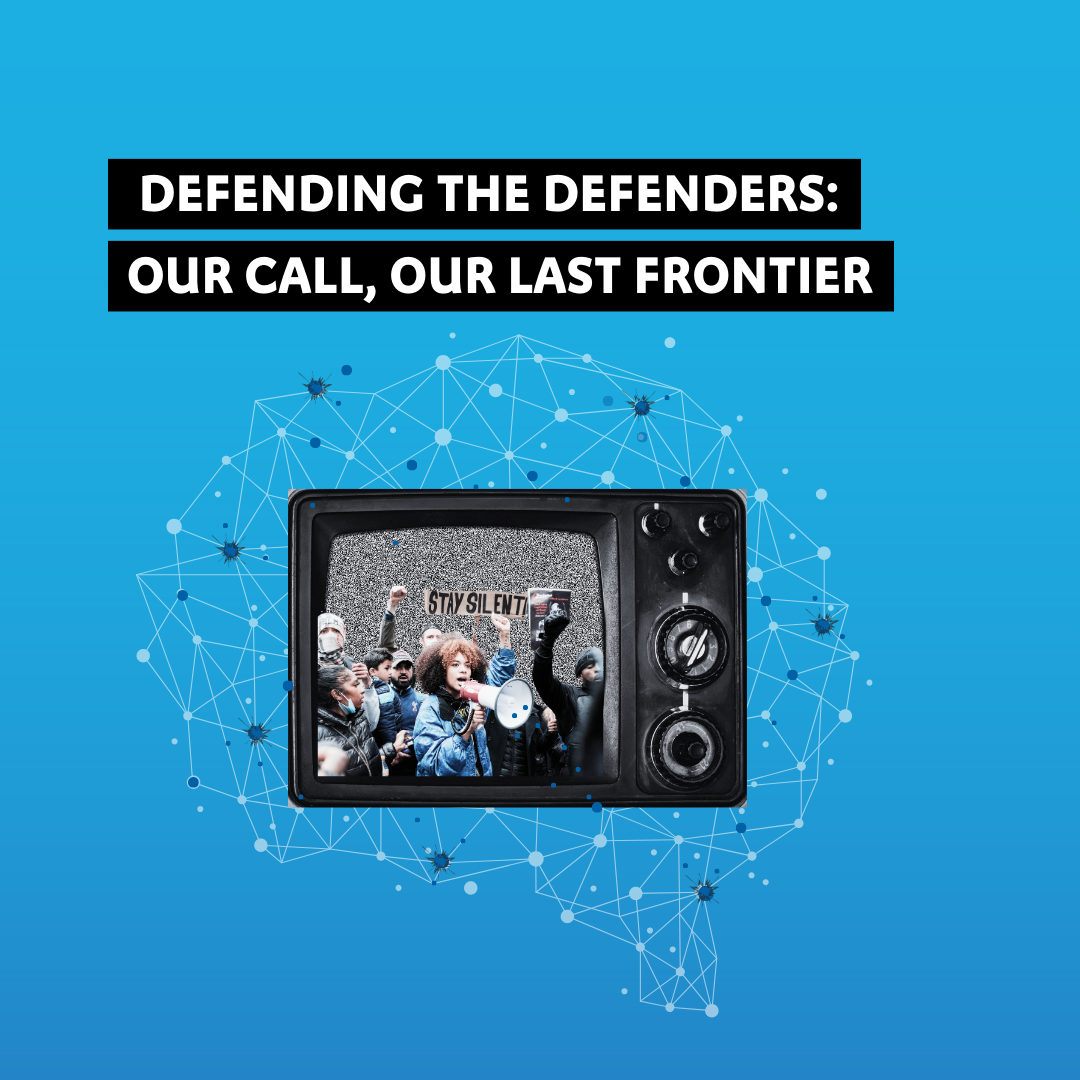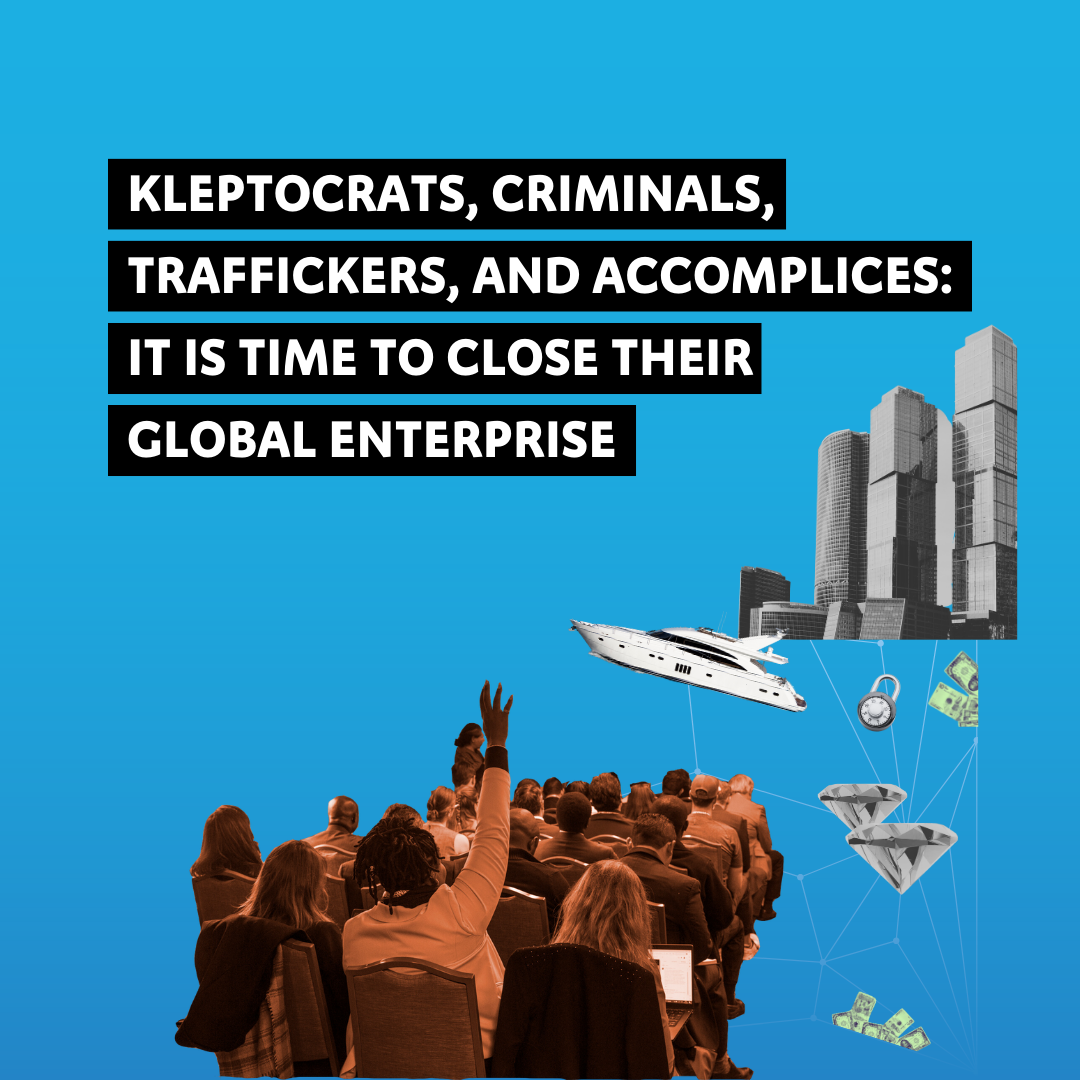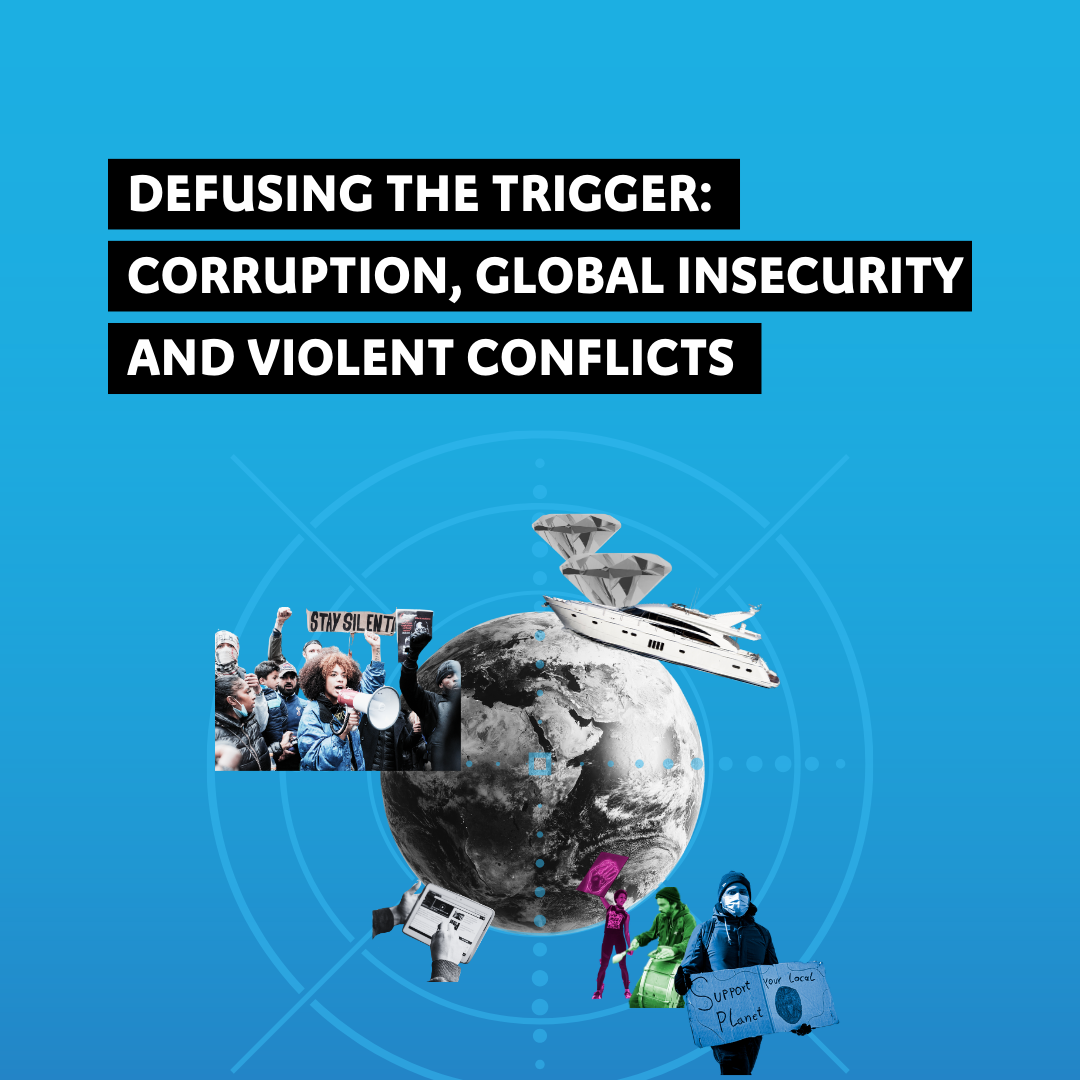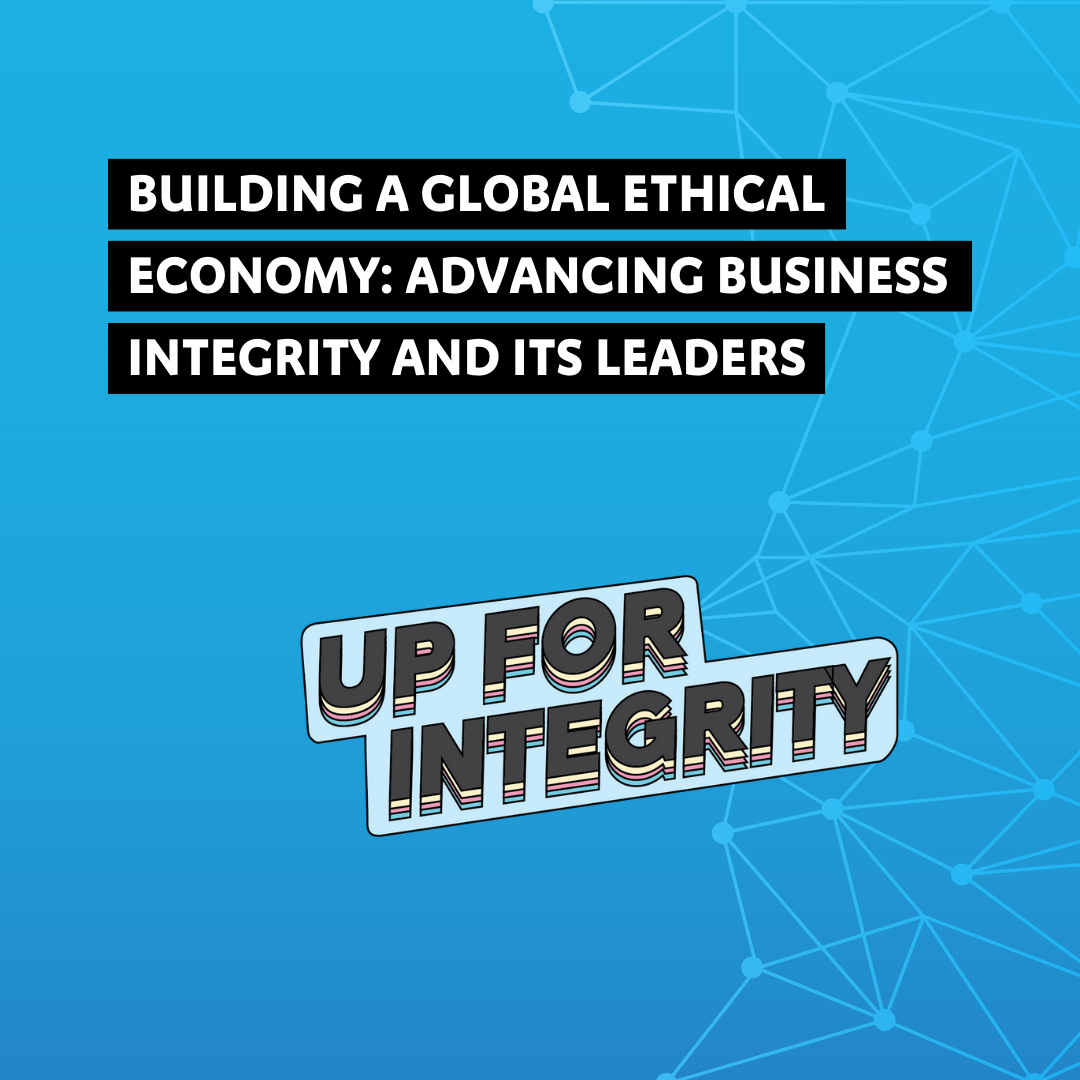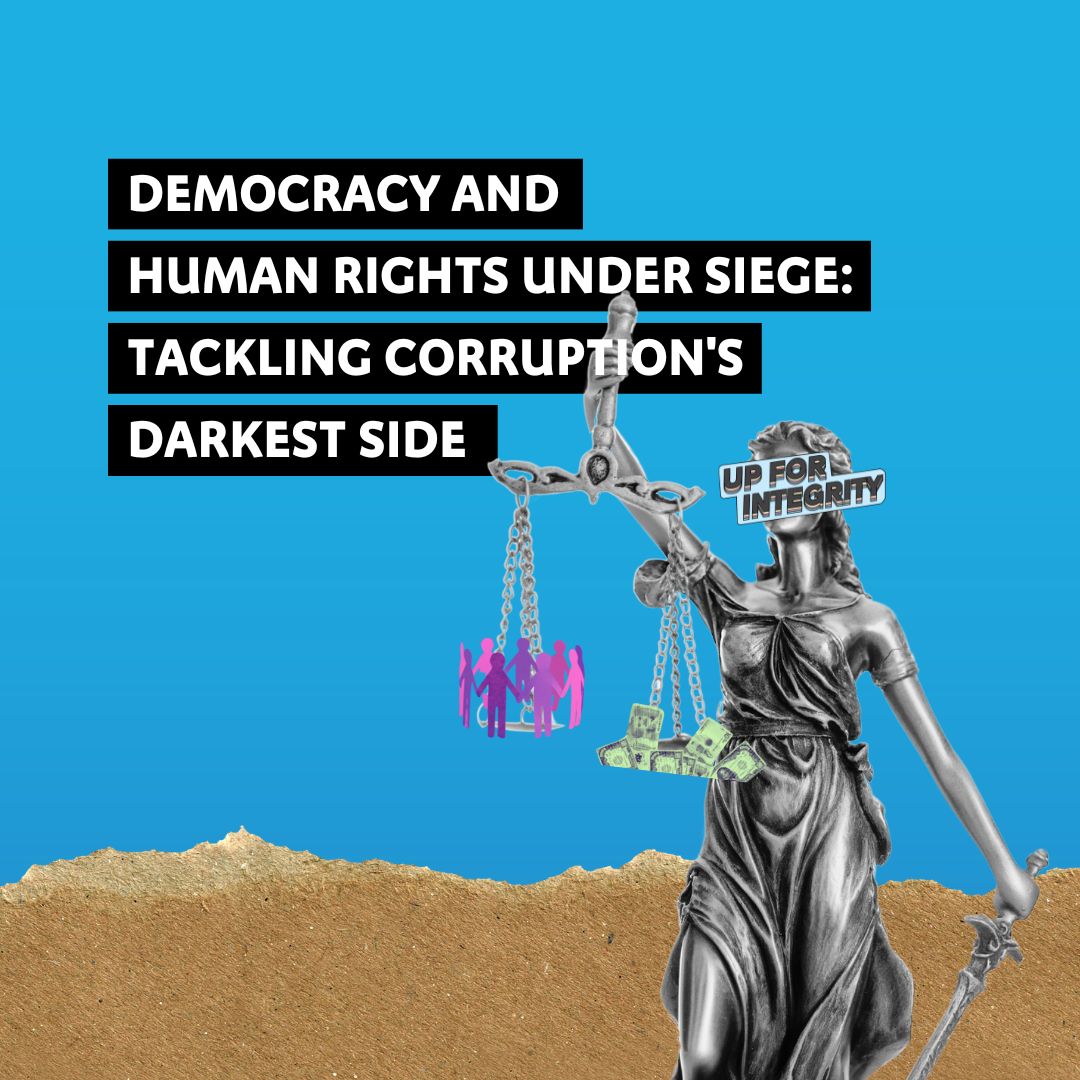View #IACC 2024 Thematic tracks
Extras

Workshops
-
Multistakeholder Approaches to Building Consensus for Governance Reform
Objective:
Presentation of Multi-Stakeholder Approaches (MSA) through deliberation by relevant stakeholders in society, such as Government, Business and Civil Society Organizations (CSO) for building consensus in important difficult governance areas. Presentation and analysis of essential features; recommendations for future emphasis in global governance work
The speakers represent organisations that are amongst some of the most successful practitioners of MSAs covering sectors such as extractives, infrastructure, global supply chains, electrification and local government.
Peter Eigen, Berlin Governance Platform/ Transparency International (TI)
Transparency International (e.g. Integrity Pacts, collective action, OECD convention), and through a number of other successful governance initiatives: Extractive Industries Transparency Initiative (EITI), Fisheries Transparency Inactivity (FiTI), Infrastructure Transparency Initiative (CoST) , IBLF Global, Local Electricity Access Programme (LEAP Transparency) and German communes: Kommunale Entwicklungs-Beiräte (KEB)
-
Ws 3.8 Who's Bad? Toxic Environments, Pitfalls & Tactics for Measuring Corruption around The World
-
Empowering Women, Youth and People with Disabilities Through Gender-Sensitive and Inclusive Reporting
Global research shows that women, girls and marginalised groups, such as young people and people with disabilities, are disproportionately affected by the impact of corruption. Yet, although women tend to condemn corrupt behaviour more than men, they are less likely than men to challenge corrupt practices, report corruption and access justice. Whilst there are differences in the unique experiences of the various marginalised groups, this workshop will test the assumption that the considerations applicable to the experiences of women and girls can be applied to other marginalised groups, such as youth and people with disabilities, meanwhile highlighting the differences.
The main barriers for women, girls and marginalised groups to report corruption are due to structural disadvantages because reporting mechanisms are not designed to tailor to their needs, which means that in general, women, girls and marginalised groups, such as young people and people with disabilities have (a) less access to information about their rights and available reporting channels; and (b) less access to safe and suitable reporting mechanisms. Gender-sensitive and inclusive corruption reporting mechanisms are important not only to enable victims and witnesses to safely report corruption and seek redress, but also play an important role in detecting, identifying and preventing corruption and other malpractice.
This session will highlight barriers to reporting corruption faced by women, youth and people with disabilities, as well as share good-practice examples and innovative approaches to make corruption reporting mechanisms gender-sensitive, inclusive of young people and accessible to people with disabilities. The panellists will bring lived experiences and diverse examples from across the public sector, private sector and civil society.
Transparency International and GIZ
Transparency International, U4, UNODC, Deutschen Instituts für Compliance e.V. (DICO), TI Kenya and BMZ official
-
Cracking Trusts: Stopping Corrupt Actors and Enablers from Hiding Illicit Assets with Impunity
Countries seeking to recover assets arising from corruption often face difficulties when the assets are concealed by company ownership in offshore jurisdictions and held in trusts or similar structures. How can those jurisdictions wield their domestic laws – including those governing trusts – more powerfully to recover stolen assets on behalf of victim states?
Basel Institute on Governance
-
Collaboration, Not Conflict: New Tools and Partnerships to Advance Economic Stability and Development in Fragile and Conflict States
Fragile and conflict affected States are home to nearly 1 billion people facing a variety of protracted challenges exacerbated by climate change, food insecurity, gender inequalities, and more recently by the economic repercussions of COVID-19. The implications of fragility and conflict are also macro-critical: they destabilize balance of payments positions, disrupt trade and financial flows, and hinder the development of productive resources – all areas of deep concern to the IMF and fellow institutions.
Corruption is most often a driver of fragility and conflict, and confronting corruption in these fragile environments is critical for long-term stability and shared prosperity. But this work is extremely challenging and is made more so by a lack of transparency and accountability in weak institutions. How do we leverage the latest thinking together with what we have learned from past engagements? How can we make efforts to address corruption in fragile and conflict states that are most likely to succeed?
International Monetary Fund (IMF)
University of Sussex, BESA-GLOBAL, International Monetary Fund (IMF) and Transparency International
-
Understanding Sextortion and its Impacts
Sextortion (the abuse of power to obtain sexual favors) is recognized as a form of corruption that has a significant impact on vulnerable women and girls. It is a pervasive problem that affects individuals across different sectors and countries but our understanding is limited. The panel will examine global experiences to understand sextortion, its impact and relation to other form of corruption
World Bank
World Bank, Columbia University, Institute for War & Peace Reporting (IWPR), , Basel Institute on Governance and UNU-MERIT/ The Maastricht Graduate School of Governance
-
Galvanizing the Private Sector: Empowering Small Business to Conduct Monitoring, Advocacy through Collective Action (Ws 4.9)
This workshop highlights SMEs’ role in fighting corruption through advocacy and collective action, aiming to empower them in policy engagement. It focuses on identifying effective strategies, discussing challenges, and sharing success stories to inspire and enhance SMEs’ impact on governance.
Center for International Private Enterprise (CIPE)
-
Pioneering the Future of Corruption Indicators- How to improve your governance by just measuring it?
Reputation-based metrics like the Corruption Perceptions Index have been crucial in pushing governments to act and keeping corruption on the global policy radar. But with new tech and digital tools, we can now dive deeper, offering sharper insights and more precise measures. This panel investigates the hurdles faced by international organizations like the UNODC and the World Bank, alongside NGOs like Transparency International to move towards more actionable indicators of corruption. The panel will also showcase the groundbreaking projects like BRIDGEGAP, which will innovative approaches to the measure and fight against corruption. Join us to discover how the corruption measurement is evolving and reshaping the landscape of transparency and accountability.
Transparency International Secretariat (TI-S)
View #IACC 2024 Thematic tracks
- The Theme & Thematic tracks
- All Workshops #IACC2024
- Defending The Defenders: Our Call, Our Last Frontier
- Greed and Corruption: A Disease Accelerating the Global Environmental Catastrophe
- Kleptocrats, Criminals, Traffickers, and Accomplices: It Is Time to Close Their Global Enterprise
- Defusing The Trigger: Corruption, Global Insecurity and Violent Conflicts
- Building a Global Ethical Economy: Advancing Business Integrity and Its Leaders
- The Tech Revolution: Winning a Turbocharged Race
- Democracy and Human Rights Under Siege: Tackling Corruption’s Darkest Side
- Extras
